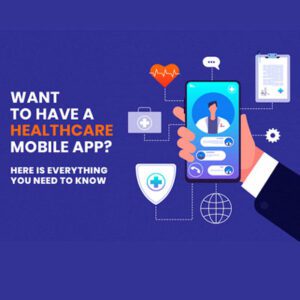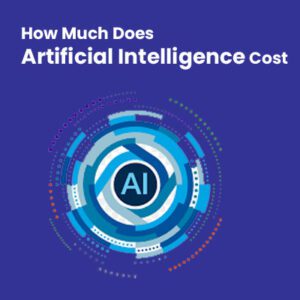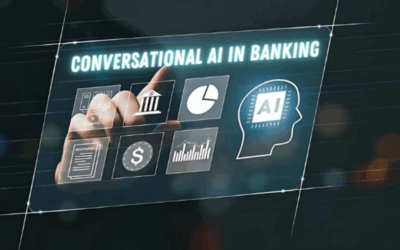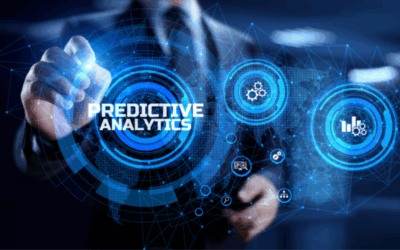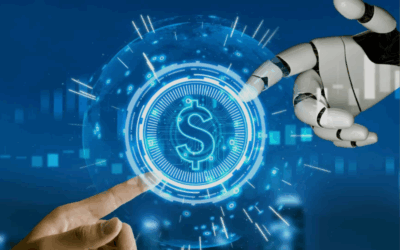Artificial Intelligence In Medicine: Benefits and Applications
What should we know about AI in Medicine or AI in Healthcare?
Artificial Intelligence In Medicine: Benefits and Applications
Undoubtedly, Artificial Intelligence in Medicine has and will have unbelievable potential. The AI technology in medicine will modernize conventional approaches in the next couple of years.
AI technology is slowly transforming the medical field with robustness. That’s why USM is ready with advanced AI-based solutions and services to transform healthcare and medical fields into this digital world.
AI, along with drug development and automating admin tasks, technology also useful for screening public health programs. Manual management of such programs is a complex process.
Human resources have to approach the public and need to check their healthcare conditions. This kind of traditional health awareness program is conducted for patients who are in remote areas. Besides, such programs are helpful for people who cannot visit hospitals and know their illnesses.
However, limited resources to motivate the large-scale public will impacts these health programs.
The emerging Artificial Intelligence (AI), Machine Learning (ML), and deep learning technologies are useful to monitor and screen public health efficiently.
The Impact Of AI In Healthcare/Medicine
The impact of AI in healthcare: AI and ML technologies are very much useful to meet the above challenge. They can reduce the need for human resources in performing public health programs. Due to the less aware and inadequate data, the growth of AI in healthcare is slowly progressing.
Now, the data is gathering from various sources like the internet, cloud, and sensors. Vast information is available from these sources. AI and ML technologies are in momentum to process such vast datasets.
Gathering patient’s data, storing it in the cloud, and processing it, everything is automated and digitized. Artificial Intelligence In Medicine and healthcare is doing every task that is performed by humans earlier.
AI in medicine learns from data, detects patterns, and assists doctors diagnose diseases in the early stages. Besides, artificial intelligence services and solutions for the healthcare sector also helps drug development companies to make the best clinical decisions faster.
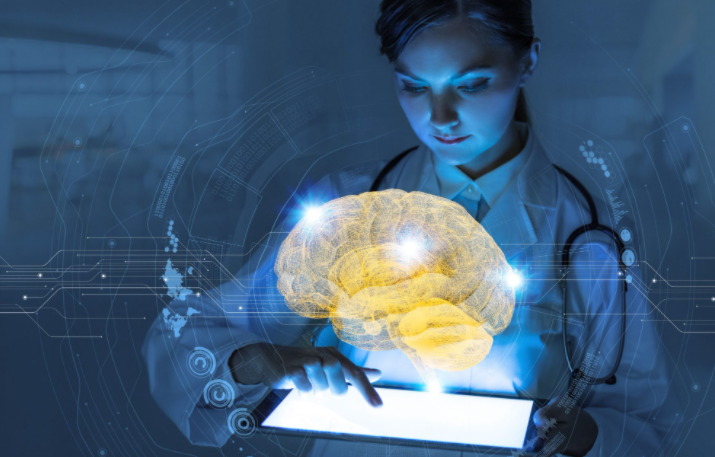 Well.
Well.
We like to explain the most significant benefits of artificial intelligence benefits in healthcare or public health. Let’s get started!
Benefits of AI in Healthcare/Medicine
Artificial intelligence in the medical field has been successfully evolving day by day. It offers many benefits to healthcare service providers. The core applications of AI in healthcare include-
- Medical diagnosis
- Drug discovery
- Medical record storage
- Data retrieval and processing
- Intelligent robotic surgery
- Virtual healthcare assistants and
- Fitness trackers
These are only a few use cases of AI in healthcare. The developments of AI in the healthcare sector are steadily growing with the increased demand for advanced healthcare services. In the years ahead, the impact of AI in healthcare is unmeasurable and will explore digital opportunities for healthcare service providers.
Top AI applications in the medical field
Here are a few significant benefits of AI in medicine that must know if you plan harmless integration of AI in healthcare operations.
#1 Improves Health Workforce Productivity
It is one of the benefits of AI in medicine. The future of AI in medicine for automating operations and improving productivity of staff has been signaling a profitable note. AI-powered apps, devices, systems will track, analyze, and records healthcare information of patients gathered by different sources automatically.
AI applications for healthcare have erased the burden of paperwork and saves lot of time of workforce. Hence, AI machines assist service provides to focus more on key activities.
#2 Diagnostics and Screening
The use of artificial intelligence in healthcare for disease diagnosis and symptom tracking has gained popularity in the world. Intelligent AI-powered software applications using Machine Learning (ML) and Deep Learning learn from images and analyze disease symptoms to accurately identify the disease type.
Hence, artificial intelligence in medicine (Healthcare) helps to perform faster and better clinical diagnoses and help physicians deliver required treatments.
#3 Improves Client Adherence
AI-based tools identify gaps in the behavior of people’s health-seeking and help health workers to suggest individuals who might quit from a health program or treatment.
#4 Virtual Health Assistants
AI-powered virtual health assistants reduce the workload on physicians and help patients get regular health checkups remotely. They act as a communication platform for physicians and patients.
Along with this, AI-based interactive Chatbots in healthcare offer 24*7 medical or healthcare services to patients.
USM has a digital healthcare solution that provides the best financial results and enhances your brand value in this competitive digital world.
#5 Digital Consultation
Never worry about taking your medical appointments. No need to wait in a queue for an appointment booking. But, AI technology in healthcare nailed it out.
USM’s AI mobility solutions can help you out. Our AI solution helps you book a time slot to get treatment without waiting in the cabin.
#6 Health Monitoring
Health Monitoring is one of the top AI applications in the medical field. AI machines or apps can monitor heart rate, pulse, temperature, and other vital health parameters.
The best AI mobile apps in healthcare help physicians in monitoring the health conditions of patients in ICU. Moreover, mobile applications in medicine also send notifications to doctors regarding the health improvements of patients.
We are one of the innovators in the design and development of top AI mobile apps for healthcare. Get your free quote today!
These are the top AI applications in the medical field. The roles of AI in healthcare are plentiful and the benefits of AI in medicine are incredible.
Now, we will discuss which companies are using AI to develop advanced medicines to treat hazardous diseases.
 Harmless integration of AI in healthcare
Harmless integration of AI in healthcare
-
Bioxel Therapeutics
Location: New Haven, Connecticut, United
How is it using Artificial Intelligence in medicine?
To fight severe oncology and neuro disorders, the company is using AI in medicine. It is engaged in developing drugs that combat immune-oncology diseases.
-
Berg Health
Location: Massachusetts, United States
How is the company using AI in the medical field?
It is one of the best AI companies in healthcare or medicine. The company is hardly working to bring an AI biotech platform. This artificial intelligence platform, by mapping diseases, helps develop advanced drugs, especially for treating Parkinson’s disease.
USM delivers advanced mobile apps and AI solutions for healthcare service providers. We promise our AI services for healthcare automate end-to-end processes and reduce admin costs.
-
XTALPI
Location: The United States
How it is using artificial intelligence in medicine?
Artificial intelligence in healthcare will drastically alter medical processes. The company’s AI platform detects molecular structure and properties and makes the development process easy. It is one of the best examples of artificial intelligence in the healthcare industry.
-
Atomwise
Location: San Francisco, California, USA
How it is using artificial intelligence in medicine?
To kickoff sclerosis and Ebola, this company uses AI to identify millions of genetic compounds in a matter of minutes. This AI-based neural network helps pharmaceutical companies to screen over 20 million genetic compounds each day. It might take months to perform manually.
-
Deep Genomics
Location: Canada
How it is using artificial intelligence in medicine?
It is another best AI company with a primary goal of creating the best AI platforms for healthcare. The company’s AI platform is very much useful in developing drugs for neuromuscular disorders.
Here we listed only a few AI companies in a pool.
There are a plethora of tech companies that are involved in developing AI solutions for the healthcare industry.
USM is one of the best AI app development companies in the USA and India. We, using the potency of artificial intelligence, develop the best mobile apps and AI solutions for healthcare and pharmaceutical companies.
What Is The Future Of AI In Medicine?
Is artificial intelligence the future of medicine?
Yes. Artificial Intelligence technology will be the future of the healthcare industry. AI-based patient-oriented applications, physician-focused apps, admin-friendly applications, supply-chain management, and device monitoring apps will be anticipated to occupy the healthcare space in the years ahead.
From medical record maintenance, online doctor consultations, and disease identification to drug design and development, telemedicine, radiology, and remote surgeries, Ai applications impact the healthcare sector.
Hence, the future of healthcare using AI, ML, deep learning, natural language processing, speech recognition, and computer vision will be more collaborative and interactive. AI healthcare app development is the best way for service providers to grab the opportunities of AI in the industry.
Hire the best AI app development company and convert traditional approaches to digital!
Conclusion
Artificial intelligence services and solutions for the healthcare sector are necessary to provide better care service to the patients and improves automation level. Public health and medicine encourage the further development of Artificial Intelligence In Medicine. AI will not only be the center of attention and more prominently act as the source to develop innovative solutions for public health.
USM is rapidly expanding its Artificial Intelligence Services/ AI services across the industries.
To ensure a bagful of opportunities for the healthcare industry, our AI experts are developing intelligent AI solutions.
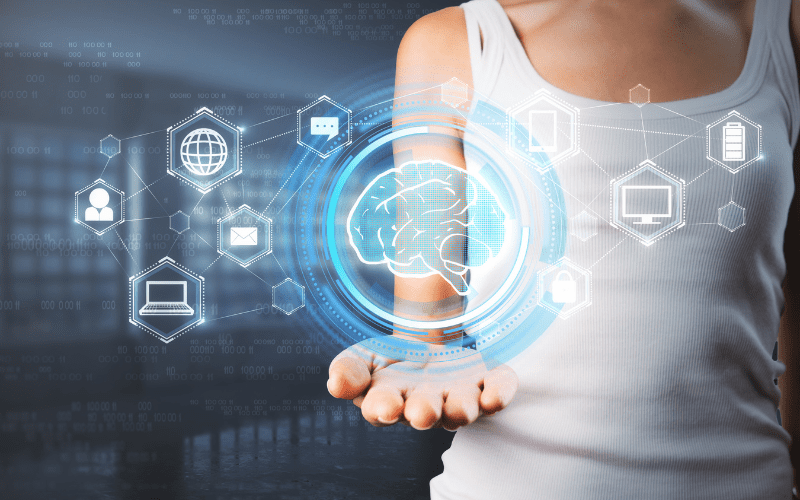
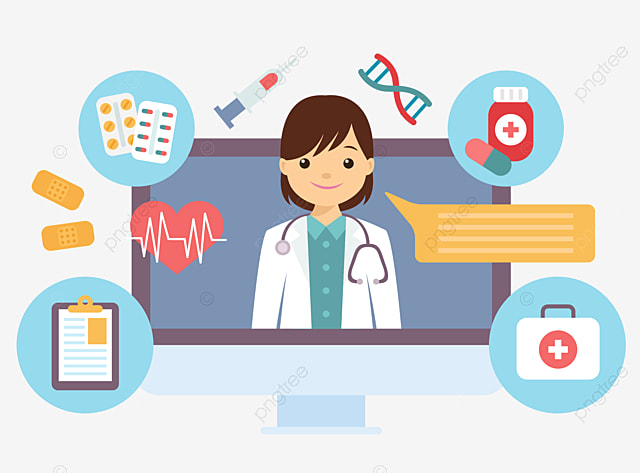 Harmless integration of AI in healthcare
Harmless integration of AI in healthcare